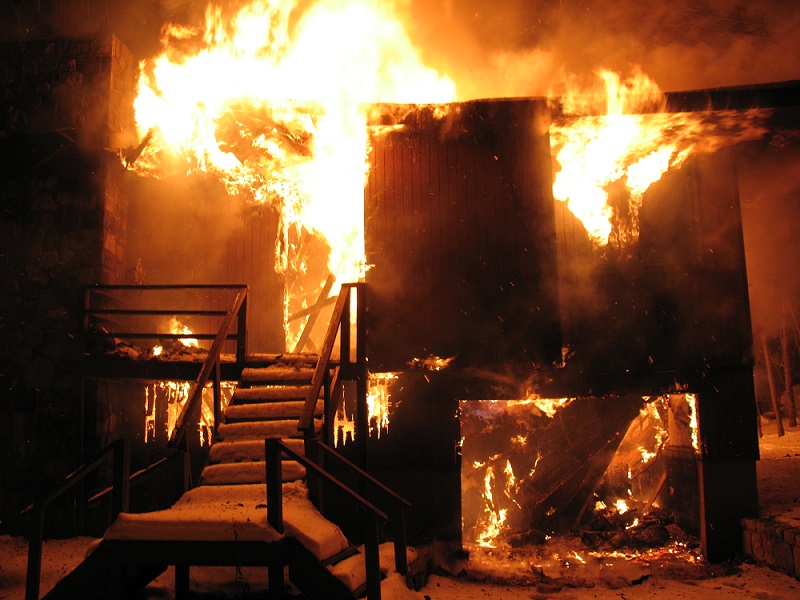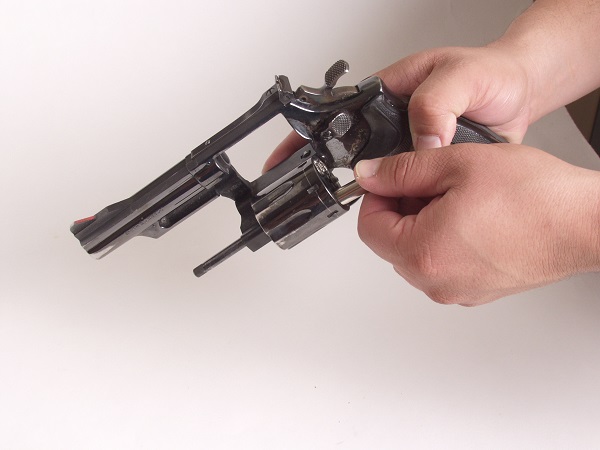This week the James J. Hill Library was named the “greatest historical treasure” among the nation’s libraries in Gale’s nationwide photo contest. (Kudos go to local photographer Michael Boeckmann for this award-winning photograph, which appeard in the Star Tribune and Pioneer Press.) The Hill Library is roughly one block up the street from the Ramsey County Courthouse, and is a must-see stop for downtown visitors making the historical architectural tour. Built in response to Hill’s preference that celebratory money be spent on a “research center” in leiu of a grand celebration to commemorate the opening of his Great Northern Railway, it was dedicated in 1921. Don’t overlook the resources of the Hill Library for assistance with your business research. With access to extensive database resources through EBSCO, “[t]he Hill’s Business Librarians can assist businesses, freelancers, entrepreneurs and nonprofits in finding information that will be useful in opening a new store, finding new clients and delivering new products or services.” Read more about the James J. Hill Library and its services here, or check out their excellent blog.
This week is also when libraries everywhere are recognizing National Library Week. Officially sponsored by the American Library Association (ALA), it is a time to celebrate the contributions of libraries and librarians and to promote library use and support. The Ramsey County Law Library is recognizing National Library Week from Monday through Friday this week. Visitors to the library can help themselves to a free pocket Constitution. This year’s theme is “Lives Change at Your Library.”

![file000500651100[1]](https://ramseylawlibrary.org/wp-content/uploads/2014/04/file0005006511001-220x300.jpg)

![Understanding-the-ADA-Goren[1]](https://ramseylawlibrary.org/wp-content/uploads/2014/03/Understanding-the-ADA-Goren1.jpg)




![file000578704892[2]](https://ramseylawlibrary.org/wp-content/uploads/2013/12/file00057870489221.jpg)
![file0001292130605[1]](https://ramseylawlibrary.org/wp-content/uploads/2013/12/file000129213060511.jpg)